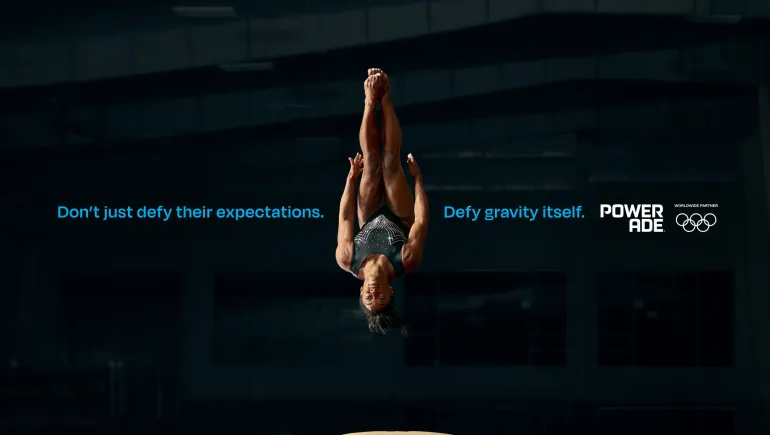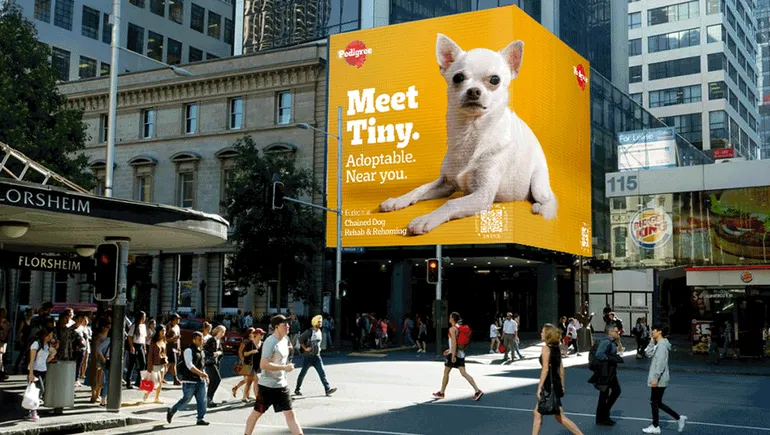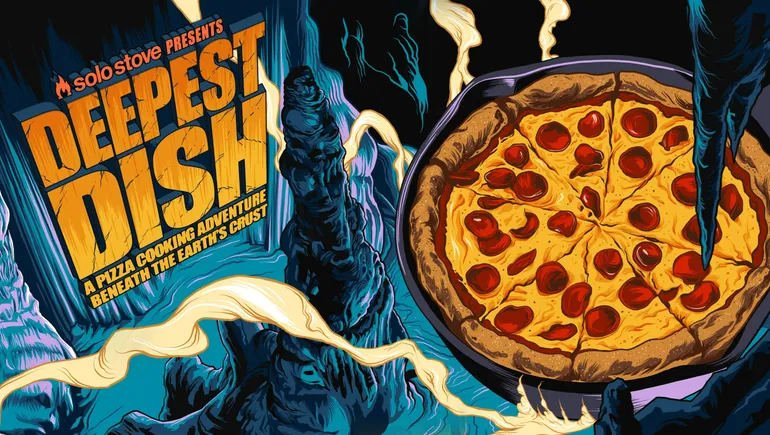
Bacardi upcycles plastic straws by turning them into vinyl records
Dive Brief:
- Bacardi Rum is partnering with ocean-focused environmental group Lonely Whale to collect single-use plastic straws from 55 bars across the U.S., according to a press release. The straws will be turned into limited-edition vinyl records featuring “Make It Hot” by electronic music trio Major Lazer and Brazilian performer Anitta. The records will be available for purchase on Giving Tuesday, Dec. 3, at LonelyWhale.com, with all proceeds going to the organization.
- The campaign, called the “Straw Vinyl” program, is part of the brand’s commitment to removing 1 billion single-use plastic straws by the end of next year. Beginning Nov. 11, collection bins will arrive at select bars for straw collection, as well as coasters presenting a short Snapchat animation about the program.
- The effort launched last week at the “Life Is Beautiful” music festival in Las Vegas. The Art Motel there was turned into what Bacardi called “a rum paradise,” with one room dedicated to Lonely Whale and #TheFutureDoesntSuck campaign and an installation depicting the feeling of being underwater and surrounded by trash.
Dive Insight:
Over 8 million metric tons of new plastic enter the world’s oceans every year, a daunting number that can leave consumers feeling powerless to take action. The Bacardi program hopes to make a dent in the plastics problem and could help consumers feel empowered in a way that’s also fun and entertaining.
“But when we pair science with art, with music, and sprinkle a little bit of fun on top, that is where the magic can happen and people can become inspired and fully engaged in ensuring #TheFutureDoesntSuck,” said Dune Ives, Lonely Whale executive director, in the press release.
Bacardi’s marketing frequently is built around music, with this effort representing a new direction by pairing it with a cause, something more brands are attempting to do with their marketing when younger consumers favor brands that take a stand. By focusing on single-use straws — which have been the focus of environmentalists and are often part of the experience for rum-based drinks like daiquiris — Bacardi can position itself as a brand that’s working to drive tangible change.
Other music-marketing efforts from Bacardi include the release last month of a “Sound of Rum” video whose soundtrack consisted of a rhythmic assembly of drink-making sounds that included autonomous sensory meridian responses (ASMR)-quality “cocktail noises.” Last summer, Bacardi partnered with Major Lazer on a campaign to find new music.
Eliminating plastic pollution has been gathering support among major brands.
In June, for instance, beer brand Corona launched a campaign to celebrate World Oceans Day with a “Pay with Plastic” program, where the beer maker accepted plastic waste in exchange for beer at retailers and bars in Mexico, Brazil, Italy, Spain and Colombia. As with Bacardi’s new campaign, Corona’s waste was upcycled into a limited-edition can.
This past July, water-filter maker Brita employed Photoshop to add trash to otherwise picturesque vacation images via Instagram in order to demonstrate plastic’s negative effects on the environment.
Part of the overall trend among brands and the public to address sustainability, efforts to combat plastic pollution have also attracted support from McDonald’s, Procter & Gamble, Mondelez, Coca-Cola and PepsiCo. Just this week, CPG giant Unilever pledged to cut its use of plastic in half by 2025.





